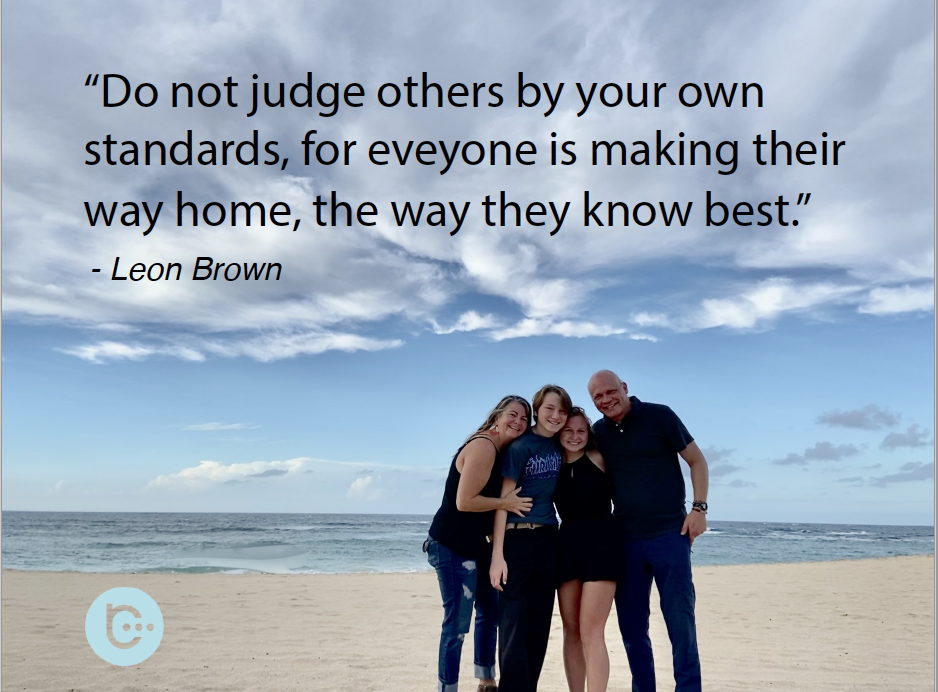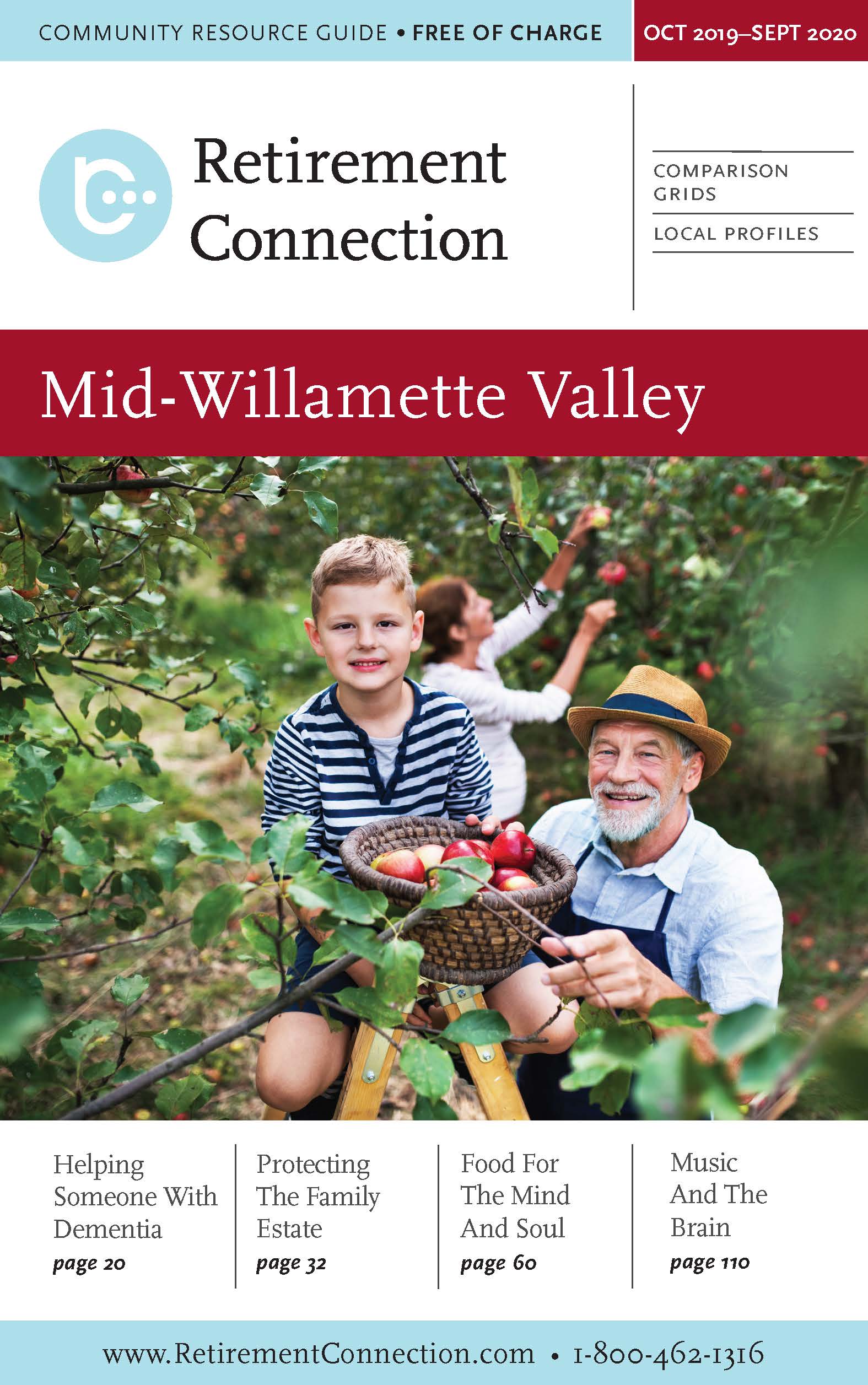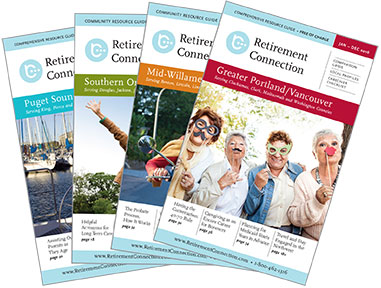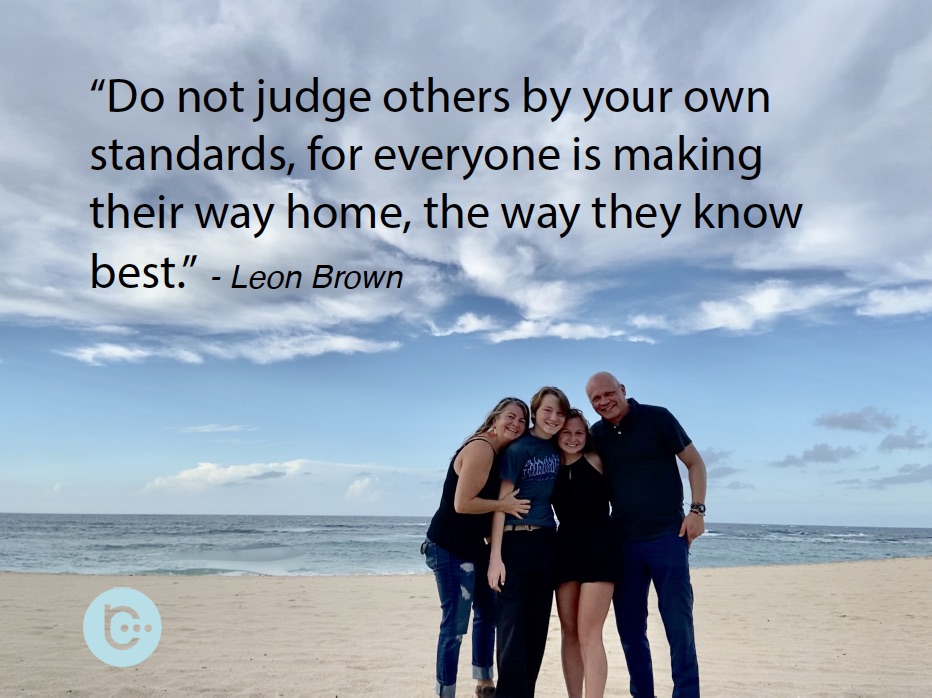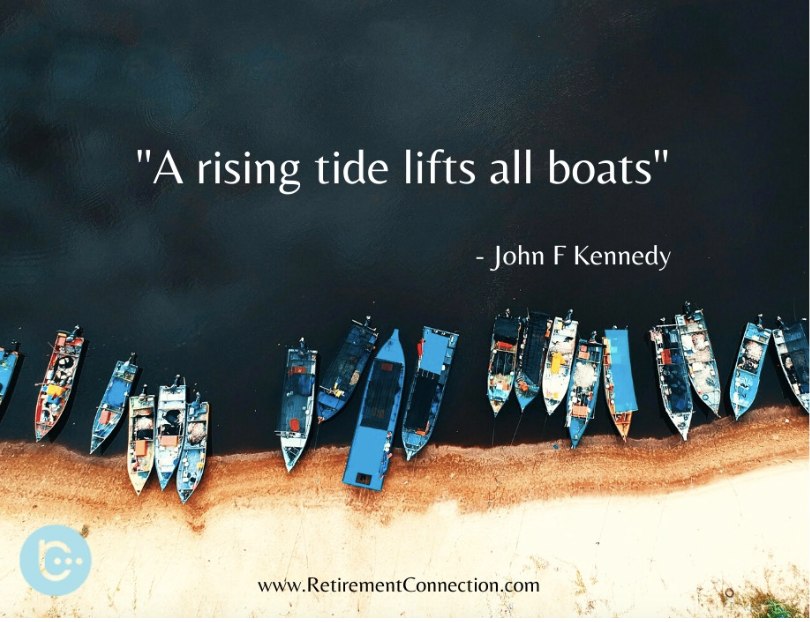In this time of social and physical distancing, staying emotionally connected with other people is more
important than ever. Senior isolation was a troubling issue long before the pandemic, but now it’s a public health crisis. In fact, some experts are now referring to senior loneliness as a “silent pandemic” affecting millions worldwide.
Isolation happens when a person does not have enough people to interact with. Loneliness manifests as a feeling of distress over not having enough social relationships or contact with others.
The global pandemic has limited people of all ages from engaging socially in the ways they normally would. Being with other people is a human need that brings enjoyment and fulfillment to life. Social and physical distancing measures for limiting the spread of COVID-19 have given the broader population a taste of the isolation and loneliness that many seniors feel on a regular basis. For seniors, the very circumstances of their lives nudge them toward isolation whether it be mobility limitations, sensory deficits, or chronic conditions with their accompanying symptoms.
Seniors’ health risks from loneliness are significant and are now becoming more commonly known. The growing awareness about senior isolation may be one of the silver linings in the dark cloud of the global pandemic.
Some studies have shown that senior isolation and loneliness are more harmful than smoking 15 cigarettes a day. Alcoholism and diabetes are even smaller risks to seniors’ overall health than isolation and loneliness. With so much at stake for seniors, awareness, education, and advocacy are keys to improving health outcomes.
Though 43% of seniors report feeling lonely on a regular basis, those with the highest health risks live alone, have few friends, have strained relationships, and live in unsafe or inaccessible places. Other risk factors include: Mobility issues, Cognitive impairments, Poor mental health, Untreated hearing loss, Language barriers, Technology challenges, Major life changes (becoming a caregiver, loss of a spouse, moving, etc.) Being in a marginalized group Poverty.
If you are wondering if an aging loved one is suffering from social isolation or loneliness, consider the following list of symptoms: aches and pains, headaches, worsening medical conditions, drastic mood changes, anxiety, paranoia, lethargy, sleep issues, loss of appetite or sudden weight gain, substance abuse, poor personal hygiene, hopelessness, and thoughts of suicide. Online assessment is available at www.connect2affect.org. On a hopeful note, research shows that human connection can reduce the risk of early mortality by 50%.
Senior Loneliness Line- 800-282-7035 or 503-200-1633
——-
Article Provided by:
Home Instead
503-747-4663





